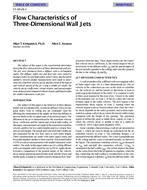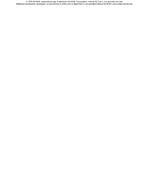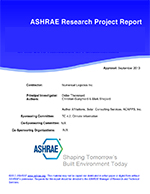The issues of climate change, energy security, and economics are all strong drivers for improving energy efficiency levels in a variety of sectors. In residential construction, although some inroads have been made in new houses, the stock of existing housing represents a huge opportunity for energy retrofits. The vanguard of these efforts has been pushing toward retrofitting very high insulation levels (i.e., “superinsulation,†or “deep energy retrofitsâ€Â).
Several cold-climate residential retrofit projects have been completed using an exterior insulation approach on light-frame above-grade walls. This type of retrofit is a reasonable step if a recladding of the building is already being done for aesthetic or ongoing maintenance reasons. The methods demonstrated here result in walls with insulation levels in the R-35 to R-40 range.
This paper presents many of the lessons learned from these experiences, including overall enclosure strategies, such as air barriers, drainage planes, and moisture control. Several case-specific solutions to particular problems are described, including exterior air barrier approaches, wall sill replacement, and several approaches dealing with window penetrations. In addition, detailing recommendations and economic analysis of these measures are presented. Hygrothermal simulations were run to evaluate the changes in sensitivity to moisture intrusion due to these retrofit measures.
Citation: Thermal Performance, International Conference, 2010
Product Details
- Published:
- 2010
- Number of Pages:
- 16
- File Size:
- 1 file , 4 MB
- Product Code(s):
- D-BUILDINGSXI-200


